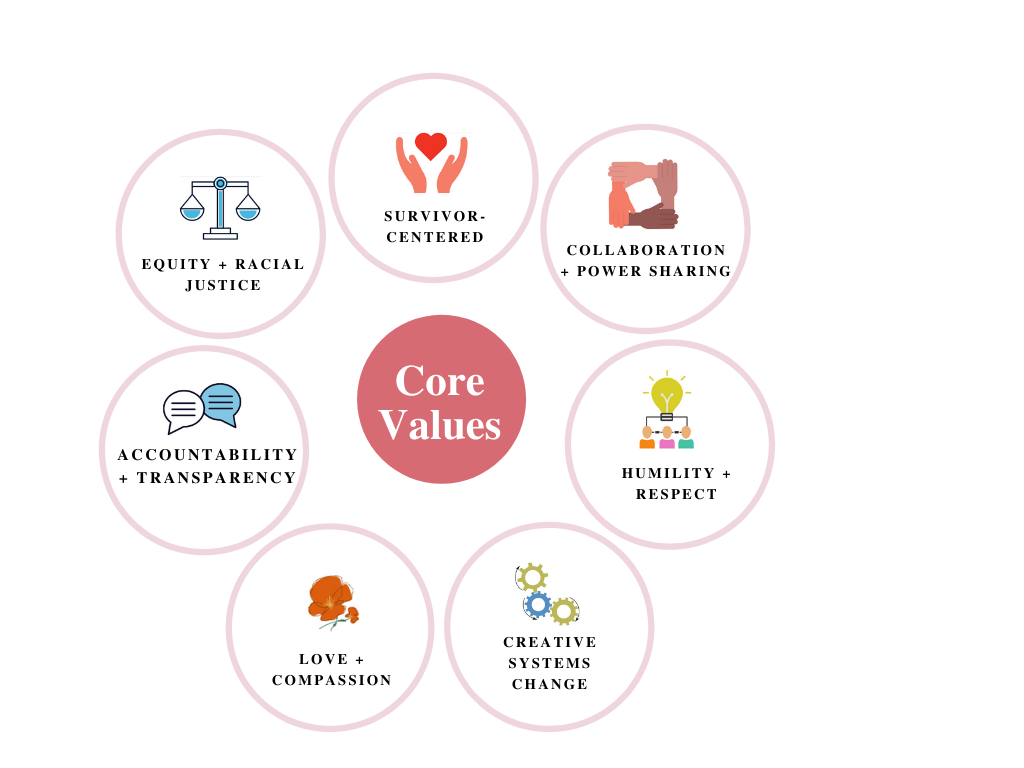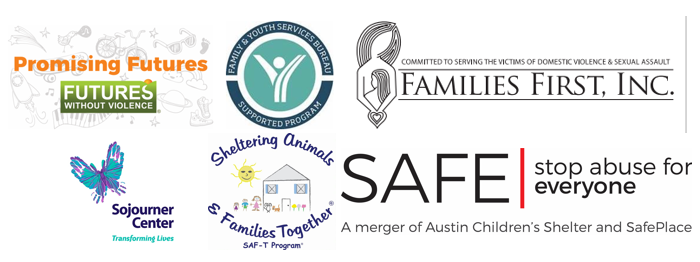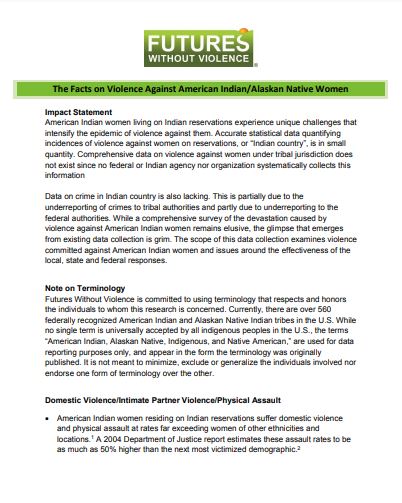
Supporting Family Resiliency through Relationships with Animals: A 3-part webinar series for programs working with families who have experienced domestic violence
Hosted by Promising Futures, a project of Futures Without Violence in partnership with Sheltering Animals & Families Together (SAF-T)® . This webinar series will be recorded and closed-captioned. The slides, recording and transcript will be posted here.
Who Should Attend These Webinars?
Domestic violence professionals, including; dv advocates, child advocates and shelter staff, child and family trauma therapists, counselors, child welfare professionals, early childhood professionals, and educators.
Series Learning Objectives:
- Understand how human-animal interactions can support resilience and healing for adult and child survivors of domestic violence.
- Understand how programs serving families who experience domestic violence can increase their capacity to meet the diverse needs of survivors by becoming animal-friendly spaces
Part 1: Sheltering Animals & Families Together (SAF-T)®- A global life-saving initiative for survivors of domestic violence
Wednesday, April 7th: 12-1:30pm PST/ 3-4:30pm EST
Presenter: Allie Phillips, Animal Protection & Human-Animal Interaction Attorney Founder & CEO, Sheltering Animals & Families Together (SAF-T)®
Facilitator: Wendy Mota, Program Manager, Children & Youth Program, Futures Without Violence
Description: In Part 1 of this webinar series, the presenter will discuss the research supporting the need for pet-friendly housing and how preserving the human-animal bond can help survivors heal. Additionally, the presenter will explore the 4 different SAF-T Program® housing models and discuss strategies to receive and secure financial support for sheltering animals. Other topics will include: allergy concerns when sheltering animals, fear of pets and lack of space for pet housing.
This webinar is the first in a three-part series. To learn more about Supporting Family Resiliency through Relationships with Animals for Part 1, please click here.
Part 2: Sheltering Animals & Families Together (SAF-T)®- Actionable Insights from the Field
Wednesday, May 5th: 12-1:30pm PST/ 3-4:30pm EST
Presenters:
Facilitators:
Description: In Part 2 of this webinar series, the presenters will share step-by-step strategies employed to transform programs and domestic violence shelters into animal-friendly spaces. Presenters will represent both inner-city and rural domestic violence programs and also include discussion on key collaborations and partnerships when becoming an animal-friendly domestic violence program.
This webinar is the second in a three-part series. To learn more about Supporting Family Resiliency through Relationships with Animals for Part 2, please click here.
Part 3: Supporting Children with Therapy Animals: Human-Animal Interactions for Children Survivors of Domestic Violence and Child Maltreatment
Wednesday, June 2nd: 12-1:30pm PST/ 3-4:30pm EST
Presenter: Allie Phillips, Animal Protection & Human-Animal Interaction Attorney Founder & CEO, Sheltering Animals & Families Together (SAF-T)®
Facilitator: Wendy Mota, Program Manager, Children & Youth Program, Futures Without Violence
Description: In Part 3 of this webinar series, the presenter will explore incorporating therapy animals as greeters at child advocacy centers, police stations, prosecutor’s offices and courthouses. Additionally, the presenter will also engage attendees around the use of therapy animals during forensic interviews, medical/SANE examination, group/individual therapy, court preparation; and during courtroom testimony.
This webinar is the third in a three-part series. To learn more about Supporting Family Resiliency through Relationships with Animals for Part 3, please click here.
These webinars will be closed-captioned. The recordings, slides, and closed-captioning transcript will be posted on our website here after the events. Please use the registration links above to register.
Questions? Accessibility Needs? Please contact Lilly Valore at lvalore@futureswithoutviolence.org
These webinars are supported by Grant Number 90EV0434 from the Administration on Children, Youth and Families, Family and Youth Services Bureau, U.S. Department of Health and Human Services. Points expressed in this webinar series are those of the presenters and do not necessarily reflect the official positions or policies of the U.S. Department of Health and Human Services.






 American Indian women living on Indian reservations experience unique challenges that intensify the epidemic of violence against them. The scope of this data collection examines violence committed against American Indian women and issues around the effectiveness of the local, state and federal responses.
American Indian women living on Indian reservations experience unique challenges that intensify the epidemic of violence against them. The scope of this data collection examines violence committed against American Indian women and issues around the effectiveness of the local, state and federal responses.

